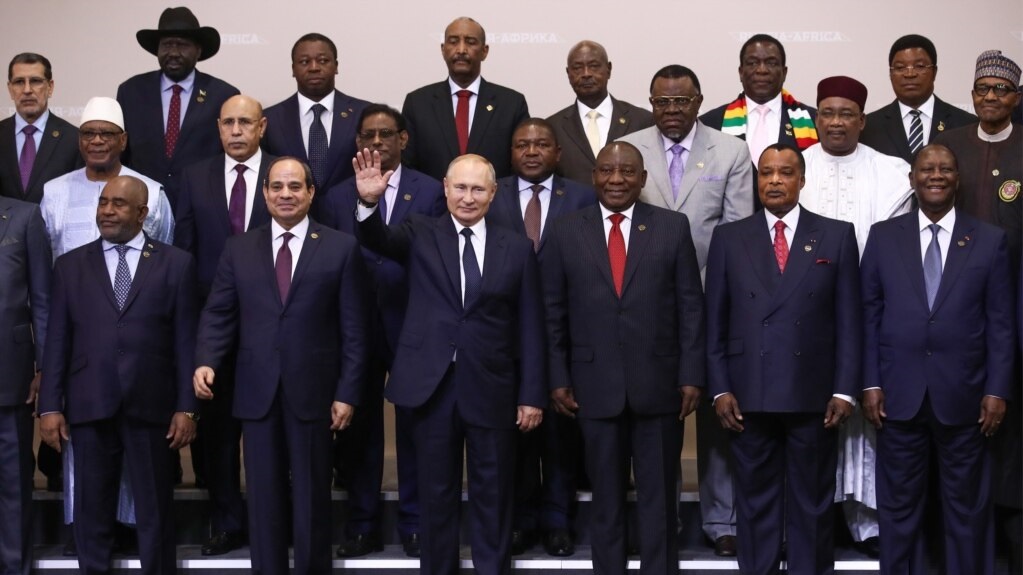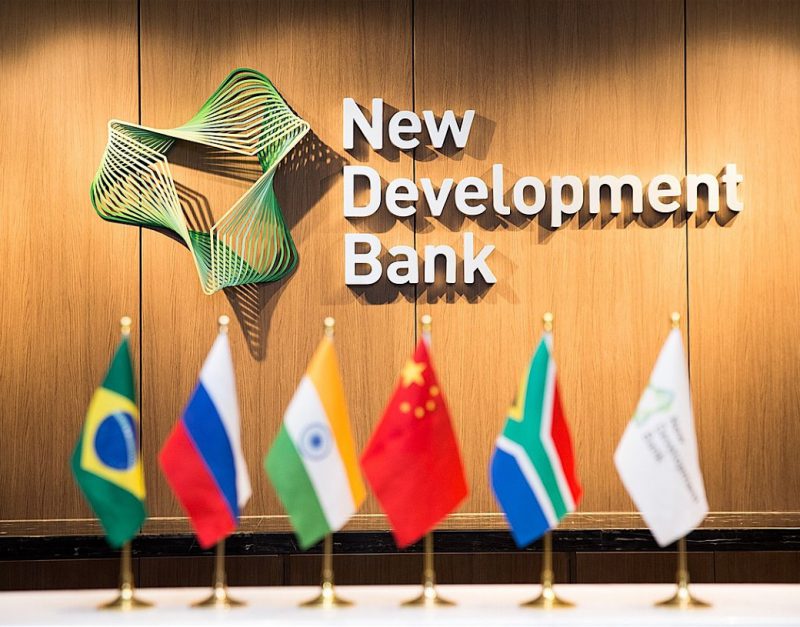In a recent reaffirmation of the bloc’s commitment, the BRICS bank president recently assured that ditching the US dollar is a main focus. The economic alliance’s New Development Bank has continued to ensure the promotion of local currencies.
That has aligned with the groupings continued agenda. For the last several years, it has firmly embraced de-dollarization in its initiatives. That has certainly been mirrored by its development bank. Specifically, in its continued attempts to increase lending in the alliance currencies.


Also Read: BRICS: US Faces ‘Dire’ Economic Path as GDP is Set to Plummet
BRICS Bank President Affirms its De-Dollarization Commitment
The last several years have seen increased opposition face the US dollar. Acting as the world’s reserve currency for decades, nations have stood to change that. The BRICS bloc has led the charge, part out of necessity. Russia suffered immensely from Western sanctions that weaponized the currency. Therefore, forcing alternative means of transactions.
Those actions have only worked against the greenback to this point. According to the Atlantic Council’s Dollar Dominance Meter, the currency’s share of global reserve stands at only 58% in 2024. That is a notable 14% from its 74% share in 2002, a year after the BRICS bloc was formed.
In a recent statement, BRICS’ New Development Bank President Diane Roussef affirmed its focus on ditching the US dollar. Specifically, in favor of promoting other alliance currencies. The move should only increase, with the bank expected to play a massive role in the bloc’s impending payment system.


Also Read: BRICS: India To Use Cryptocurrency For Trade, Abandon US Dollar
“One of the main focuses of the [New Development Bank] is to increase the use of local currencies,” Rousseff said at the 9th annual meeting of the bank. “We have decided that up to 30% of the bank’s total funding will take place in local currencies.”
Additionally, Roussef noted that debt in developing countries has become a massive issue. Yet, it is one that the institution’s recent shift should help combat. “Our bank can play a significant role in addressing these challenges,” she told the meeting’s attendees.
The multilateral bank recently granted a 5 billion rand loan to South African state logistics group, Transnet. The loan is valued at more than $283 million, according to Reuters. It is a clear example of its de-dollarization promises in action.





